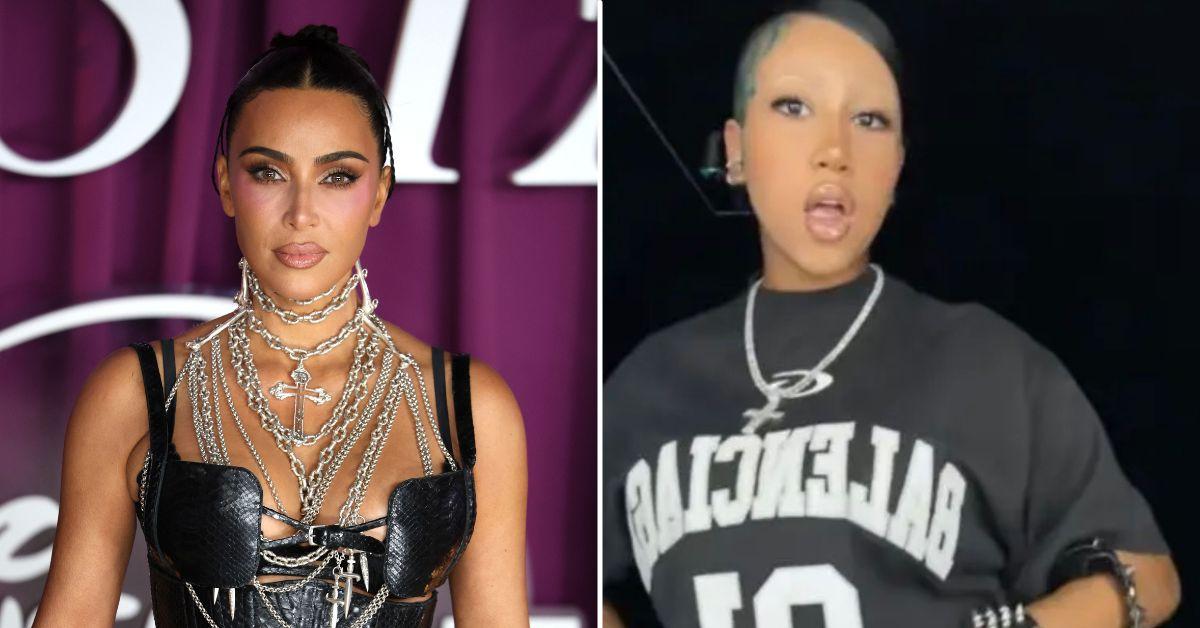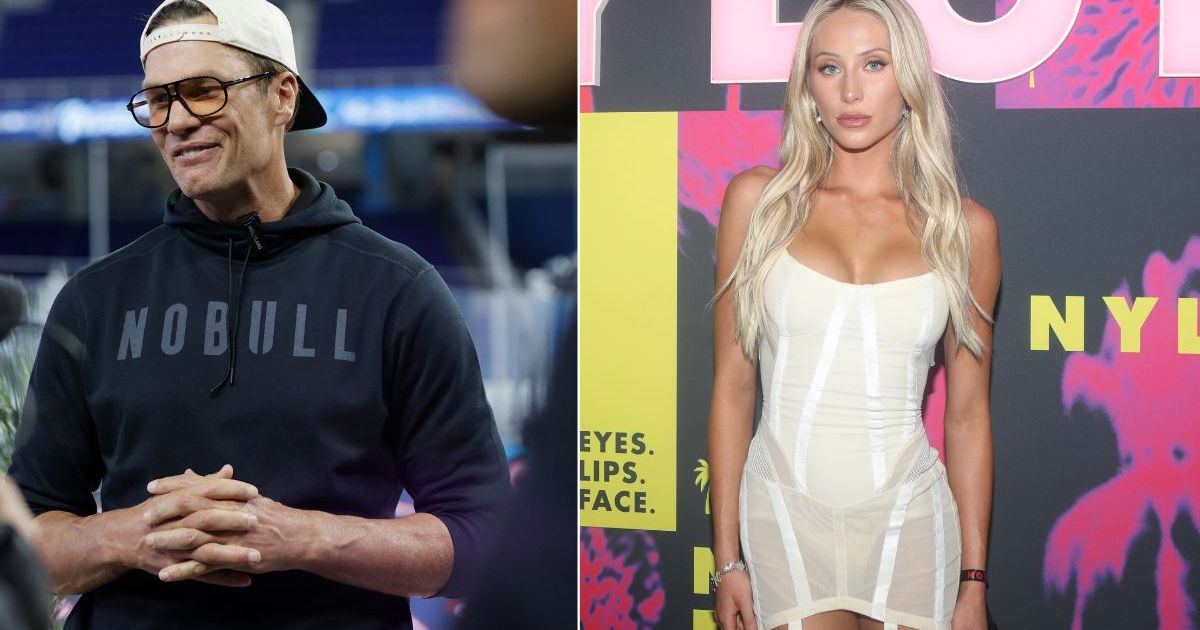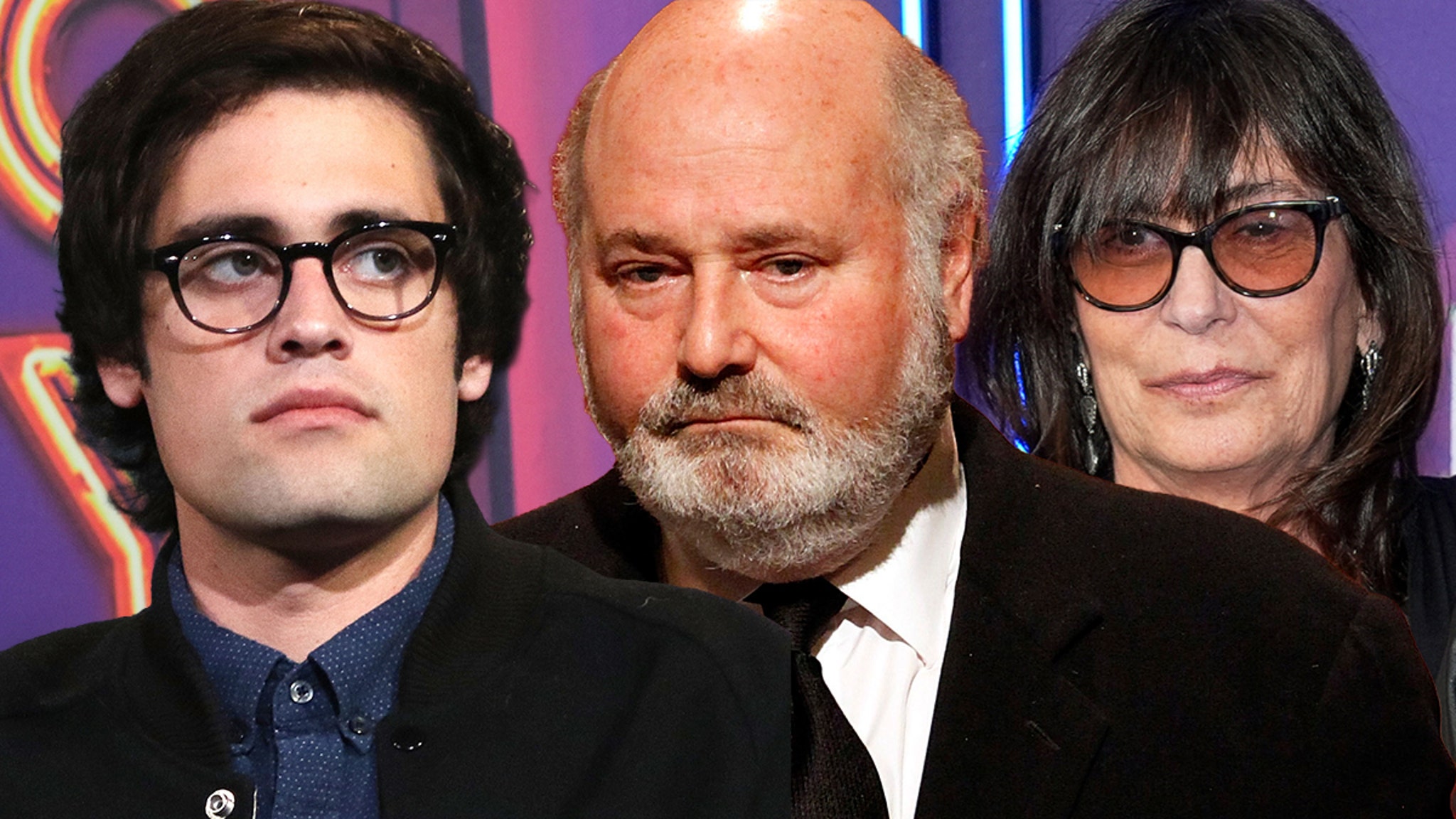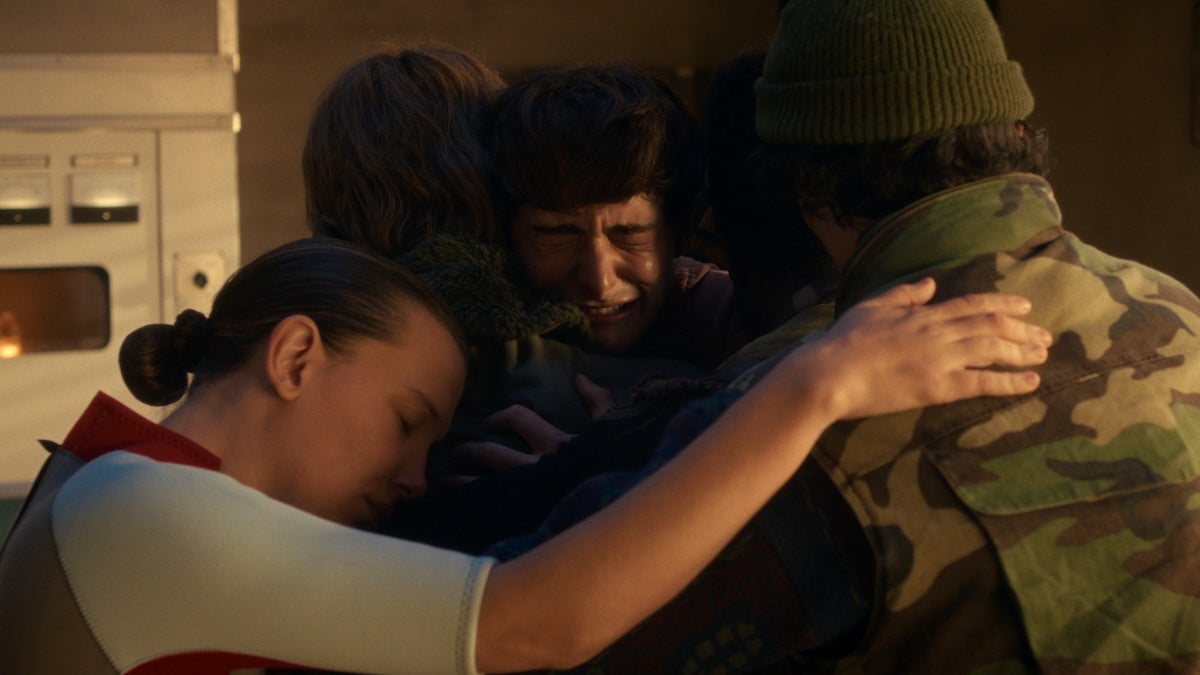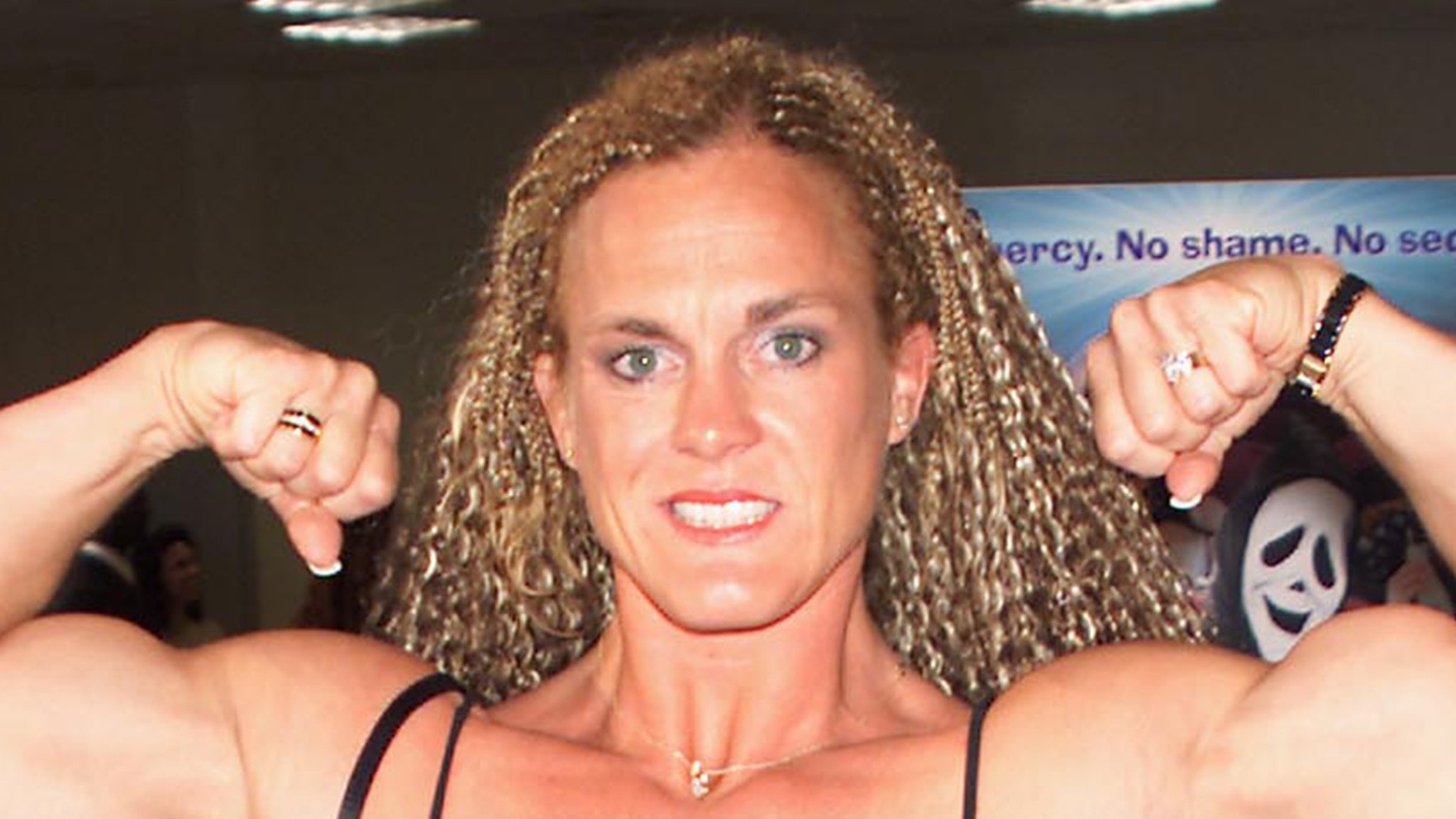Throughout history, there wasn't always a place for women in the army. However, things started changing, and it was evident that women, in one way or another, could play a significant role. Whether it's volunteering or through medical help, those roles began to get essential.
It's impossible to talk about this issue without mentioning women's role in other aspects of life, work, and society in general. That is a complex subject, and right now, we will just quickly look back on how women fought for their place under the sun.
From women's right to vote, which was granted exactly a hundred and fifty years ago, to Sojourner Truth's "Ain't I a Woman?" speech, or when Rosa Parks courageously decided to take a stand (or a seat, to be specific) and at that moment launched the civil rights movement - women gained a much better place in the society. Aside from these historical milestones, we're witnesses to the small, everyday victories of women all over the world. Whether it's doing hard physical labor, simply playing slots in a casino, or Muslim women driving, it is happening. Making history day by day, step by step.
The Beginnings
Now, back to women in the army. World War I was a turning point, considering that help was needed in many aspects of the war. In the United States, women were mainly joining organizations which educated people about the war or were volunteering as nurses. In Russia, however, women were mobilized in significantly larger numbers. There are several prominent names that made history by achieving what was only considered to have been done by men.
When it comes to other countries, such as Scotland, Finland, Spain, and Serbia, key roles were assigned to women. In the Spanish Civil War, for example, many of them even fought in combat alongside men. Serbia gave us one of the most decorated women in army history, who actually joined the military in place of her brother.
Then World War II came, and a lot of women had support roles; they were assigned to nurse, cook, mend clothing, and launder. All major nations recruited females, and even half a million of them had combat roles in Britain and Germany. Of course, the Soviet Union had them in the front-line units.
The times have changed, and even though the military is still mainly men-dominated, women are a substantial part of it. They can enlist in almost any part of the army they want, and it's reached the highest level in The United States, where all positions are open for women, even the combat arms ones.
Issues
Unfortunately, this kind of emancipation brought a lot of difficulties to female soldiers. The shocking reports concluded that the percentage of sexual assaults in the army was much higher than the statistical numbers regarding civilian sexual assaults. As much as 64% of military women were victims of some form of sexual abuse. Most of them belong to minority groups, such as Hispanic and African-American.
A prevalent thing for everyone who has been in the army is post-traumatic stress disorder (PTSD), whether male or female. However, with a growing issue of rape in the military, women who were victims of abuse during their service were also reported to suffer from military sexual trauma (MST).
This is a major issue, and as more and more women are willing to join the army, it's necessary to deal with this situation; we can't allow this to keep happening. Not only do these women have to be supported and praised for their enthusiasm, they absolutely need to feel safe and respected. Also, their health - mental, as well as physical, should be taken care of.
Promoting Women in the Army
On the plus side, promoting women in the army has piqued after Deshauna Barber, a U.S. Army Reserve officer, was announced Miss USA 2016. That was positive and empowering on so many levels. She became an inspiration not only for the women in the army, but for black women in particular.
By winning this pageant, she acquired media space and attention and used it to spread awareness about things like PTSD, gender-equality, dynamics of women in the military, and so on. She gave people some insight into what PTSD is really like and how it doesn't affect only the weak, but everyone who is simply a human being and has faced trauma.
She inspired many modern women and broke some stereotypes by showing that, among other things, women, or in fact, people in general, can have a life outside of the military.
Overall, things are definitely progressing. More and more women are empowered to embark on some journeys that weren't imaginable a hundred years ago - including joining military forces. They are fighting, struggling, finding their voice, showing their children what serving and respecting your country means. They are proving to themselves and to the world around them that they too can fight for a greater cause and be equal to men.
In the process of all that, we must keep in mind that all of their struggles don't mean anything if women don't feel safe, supported, or heard. Not only women, and not only in the military, but all human beings should be respected and given a voice and the opportunity to choose for themselves. Women's enthusiasm to serve and protect their country must not be stepped on or diminished.




